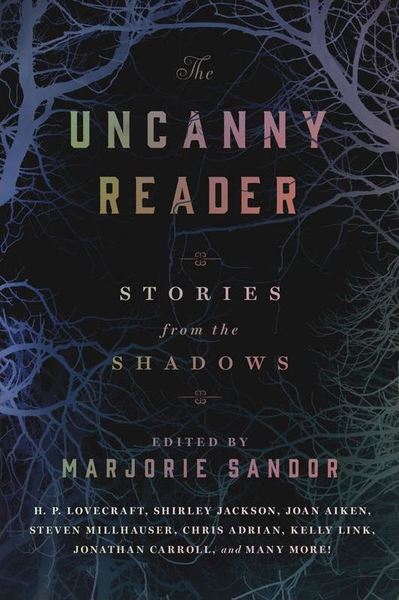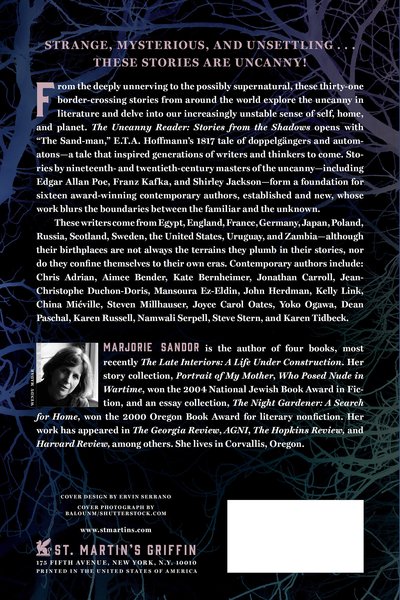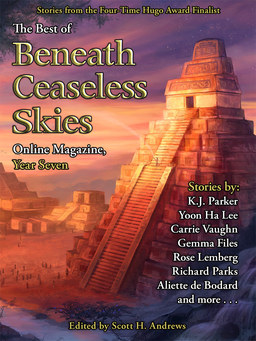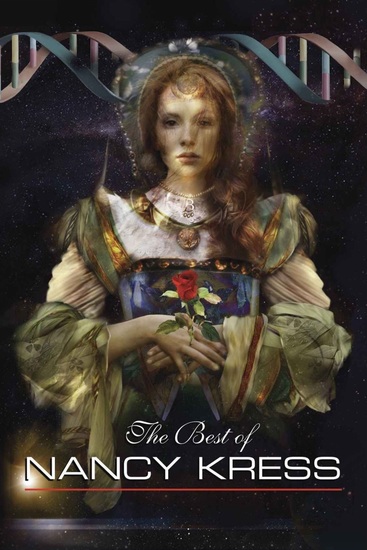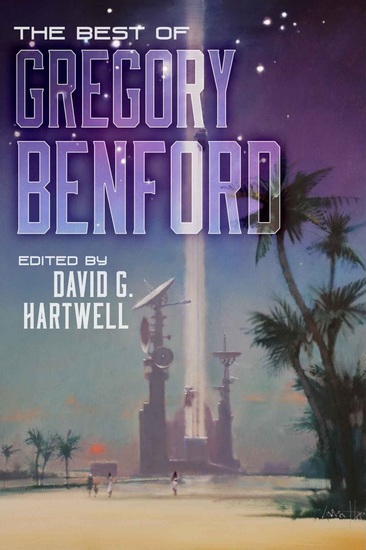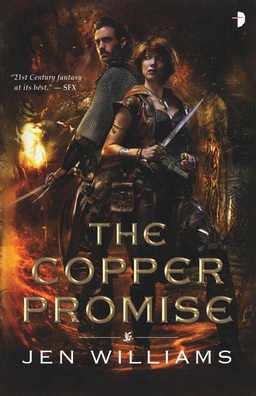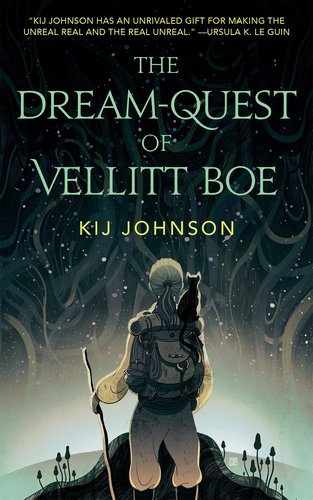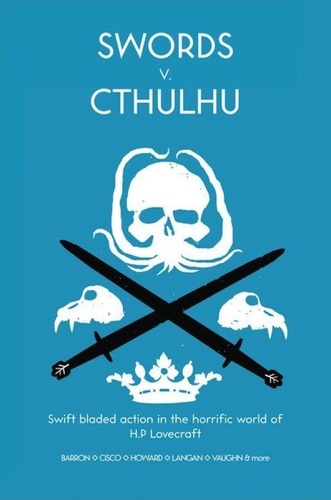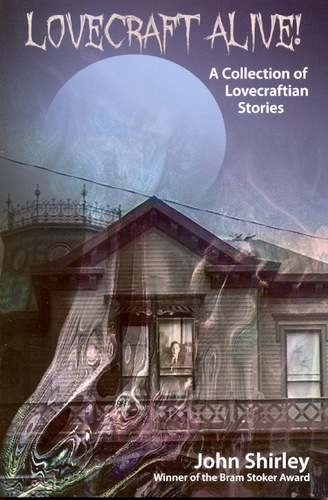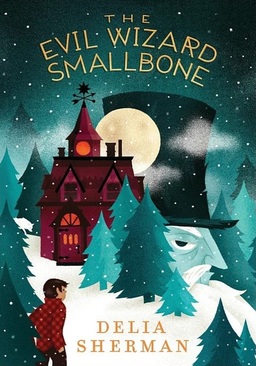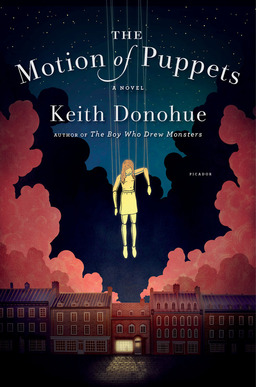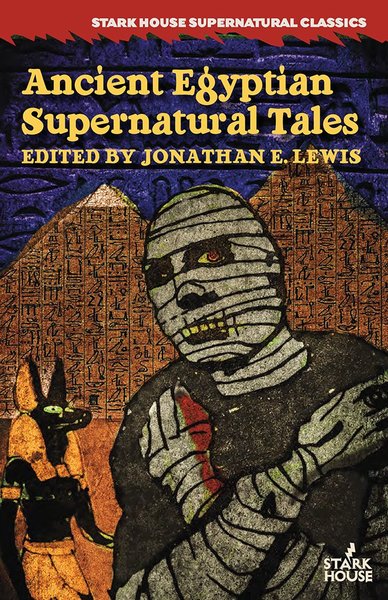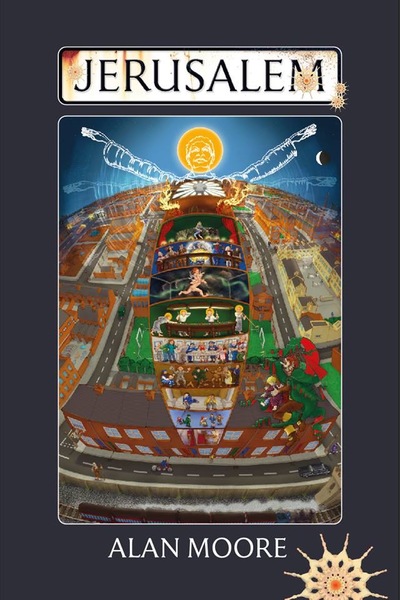Gypsies, Monsters, and Very Spooky Real Estate: Haunted Castles: The Complete Gothic Stories by Ray Russell
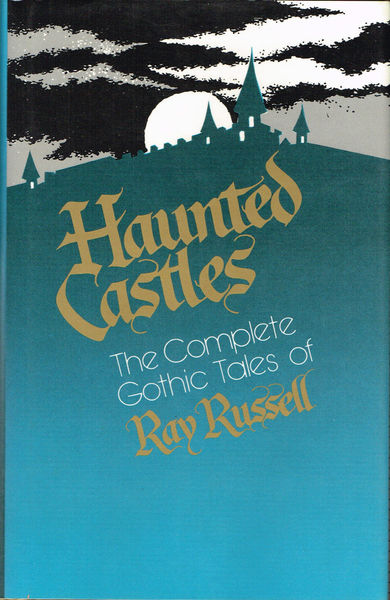 |
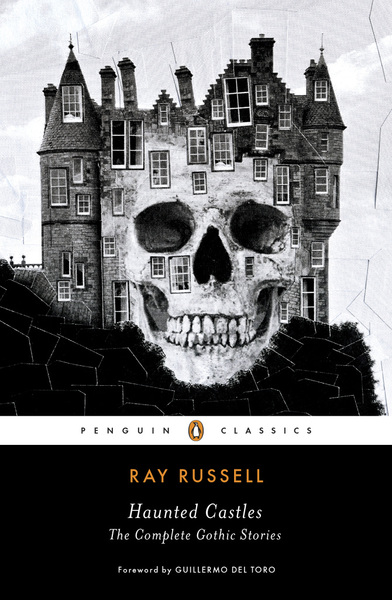 |
Ray Russell received the World Fantasy Lifetime Achievement Award in 1991 and the Bram Stoker Lifetime Achievement Award in 1992. His novels included The Case Against Satan (1962), Incubus (1976), and Absolute Power (1992), and he published a half dozen horror collections in his lifetime, including Unholy Trinity (1967), Prince of Darkness (1971), and The Book of Hell (1980).
Stephen King called his novelette “Sardonicus,” his best known work, “perhaps the finest example of the modern Gothic ever written.” It was collected, with the follow up tales “Sanguinarius” and “Sagittarius,” in Haunted Castles: The Complete Gothic Stories, published in hardcover in 1985 by Maclay & Associates, with a cover by Stanley Mossman (above left). Penguin Classics released it in a new hardcover edition in 2013 with a new foreword by Guillermo del Toro, and the book will be released in paperback for the first time at the end of this month, with a deliciously creepy new cover (above right).
Here’s the description.
